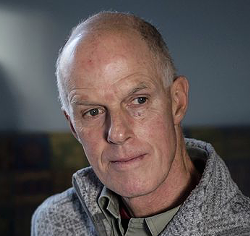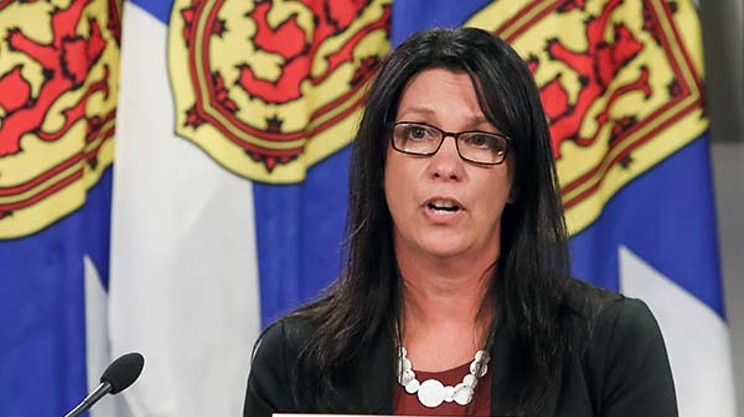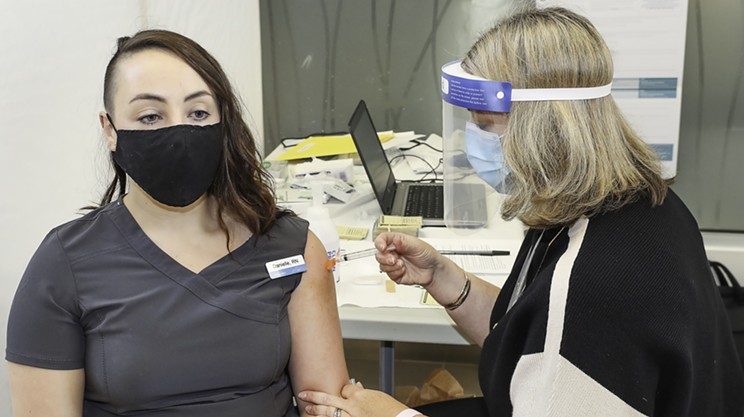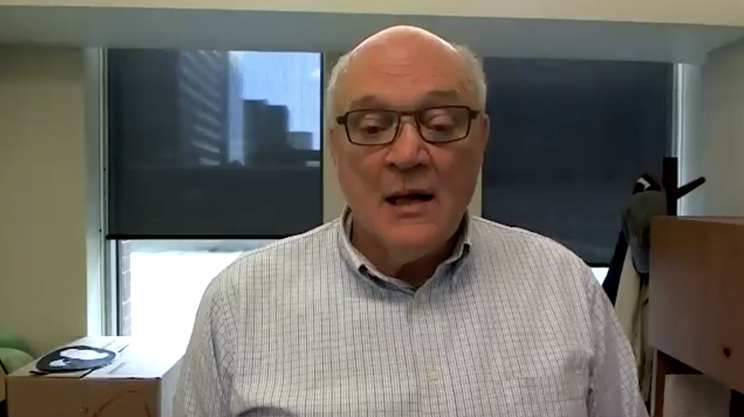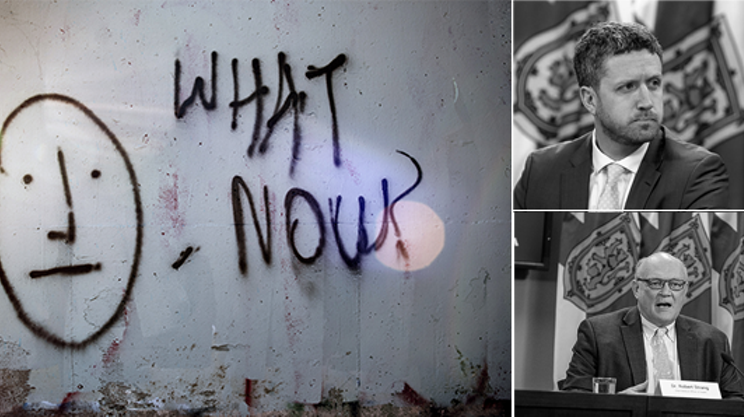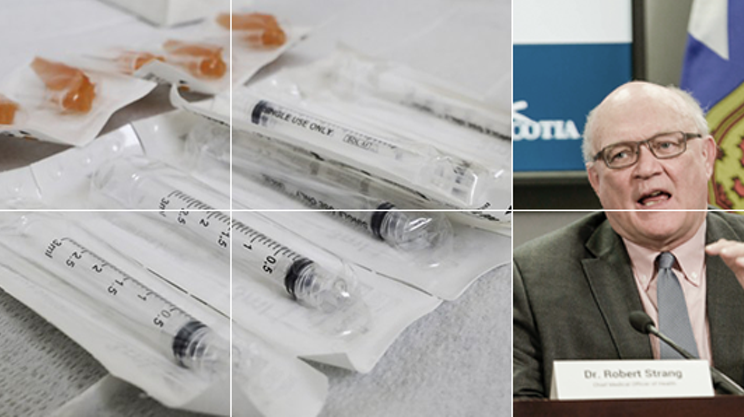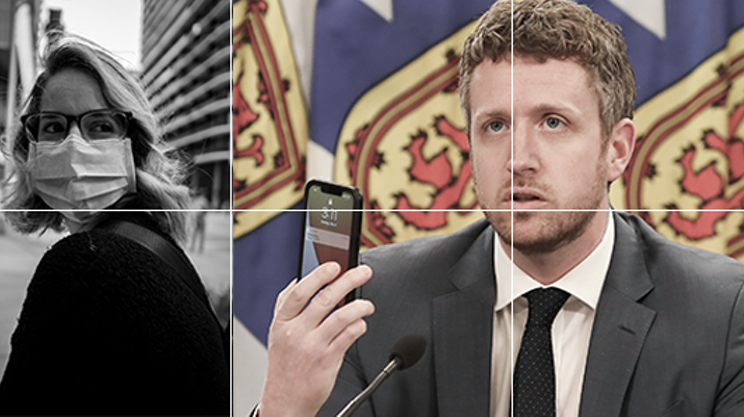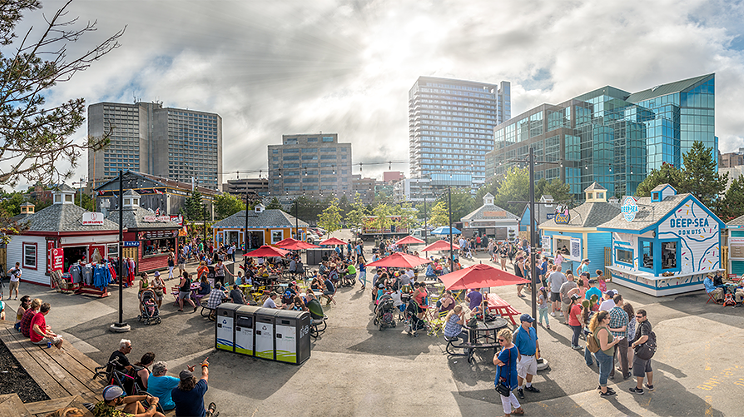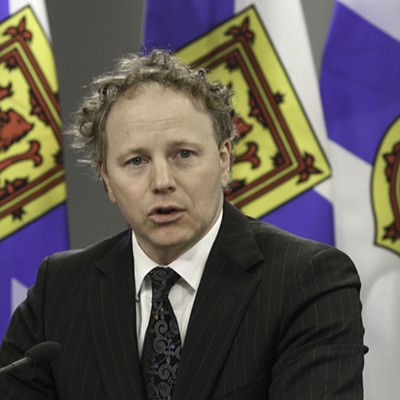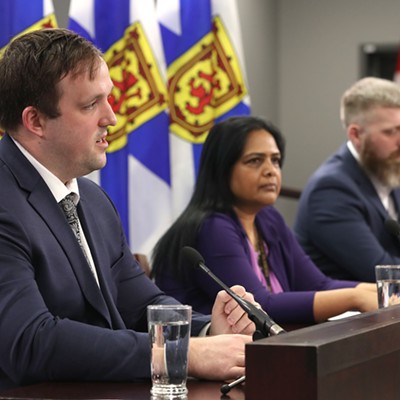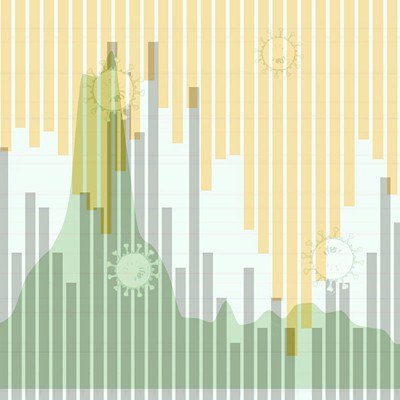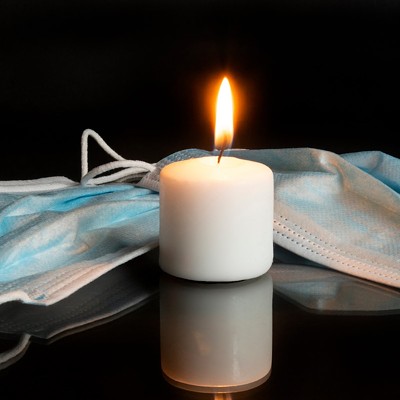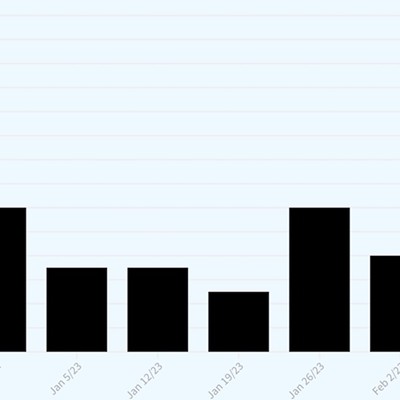“We’re facing the reality that we really want it all to be over, but it’s not over yet,” Ross said in a recent interview with The Coast. “Capitalism is pushing us one way and biology is pushing another way, and biology always wins.”
Doctor Ross is the former head of the QEII emergency department and medical director of the telemedicine firm PRAXES, which operates testing for Nova Scotia’s pop-up sites. With the risk of delta and delta plus variants, Ross says there’s work to be done to ensure Nova Scotia avoids a fall fourth wave.
“There are very real pressures to get out there, to be open, to go spend money on hotels and in restaurants and bars,” said Ross. “The pressure is unrelenting, and yet the race between virus and vaccine is not settled yet.”
“Capitalism is pushing us one way and biology is pushing another way, and biology always wins.”
tweet this
Vaccine race
As of Sunday, July 18 more than 1,200,000 vaccines have hit the arms of Nova Scotians (The Coast’s vaccination-rate chart is below). About 485,000 people have had both doses, which covers 50 percent of the province. Ross made clear the double-vaccinated number is crucial, because only those with two shots will be reasonably protected from the delta variant.
“In this case having a large number of people partially vaccinated is not good enough,” he said.
“There are a number of people in the public health world that are saying they worry about a fall fourth wave unless we pick up our game, continue with mask wearing and social distancing.”
The province has sped up second dose scheduling by four to six weeks, following a surplus of vaccine supply. Premier Iain Rankin said in June that he expects Nova Scotians to be fully vaccinated by the end of August, up from the end of September.
Testing drop-off
Ross says he expects it will sound biased—given his involvement in the province’s massively successful pop-up COVID-19 testing program—but he’s concerned to see asymptomatic testing drop at the same as Nova Scotians are encouraged to socialize and spend money.
“I think it’s an example of people thinking, ‘hey, this is over.’ And that’s understandable,” he said.
“But as our borders become more porous and we have more people coming in…testing is a really important thing to fold into our weekly routines.”
High uptake of rapid testing likely contributed to Nova Scotia’s shortened third wave, Ross said. PRAXES has been involved with more than 270,000 tests since November 2020, and 84 percent of those tests were done between April 20 and June 20.
“We should be doing continuous surveillance—we want to catch things early. Forty-plus percent of people are completely asymptomatic,” he said.
Mask wearing
While mask wearing is expected to become voluntary instead of mandated, Ross said he wouldn’t be surprised if some choose to keep them in rotation. This may be especially true for those who noticed this year they didn’t get the typical cold or two they usually suffer through over the winter months.
“We’ve been socialized to masks now, it’s less awkward than it used to be. I think many people will feel naked not wearing it after 15 or 16 months,” Ross said.
Ross knows there are some who are eager to get rid of the COVID-19 accessory, but he doesn’t think that’s everyone.
“Kids and young people it would seem have segued into this quite easily,” he said. “It may very well be that coming generations accept wearing masks when going into busy places. It may very well be a long-lasting behaviour change.”

